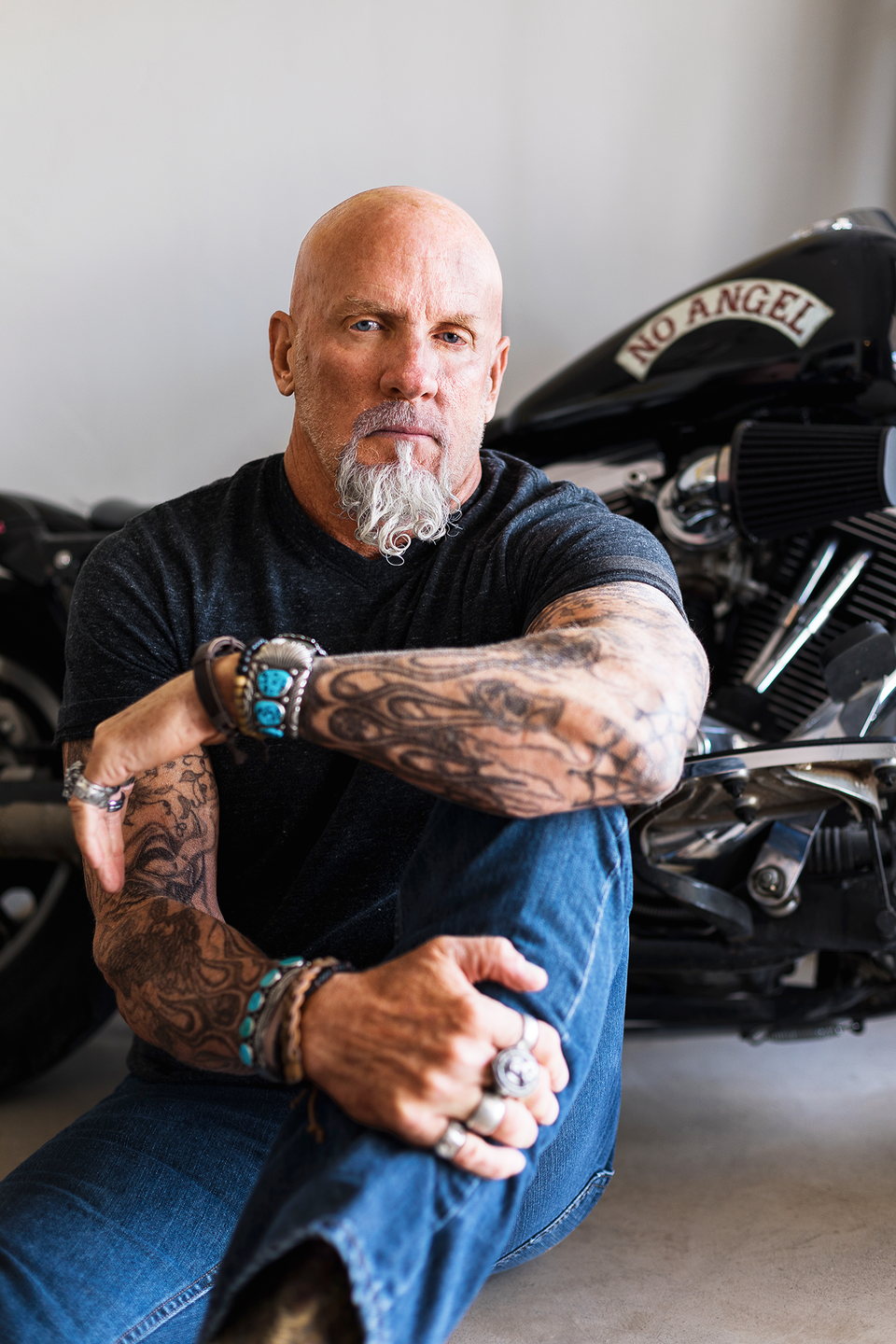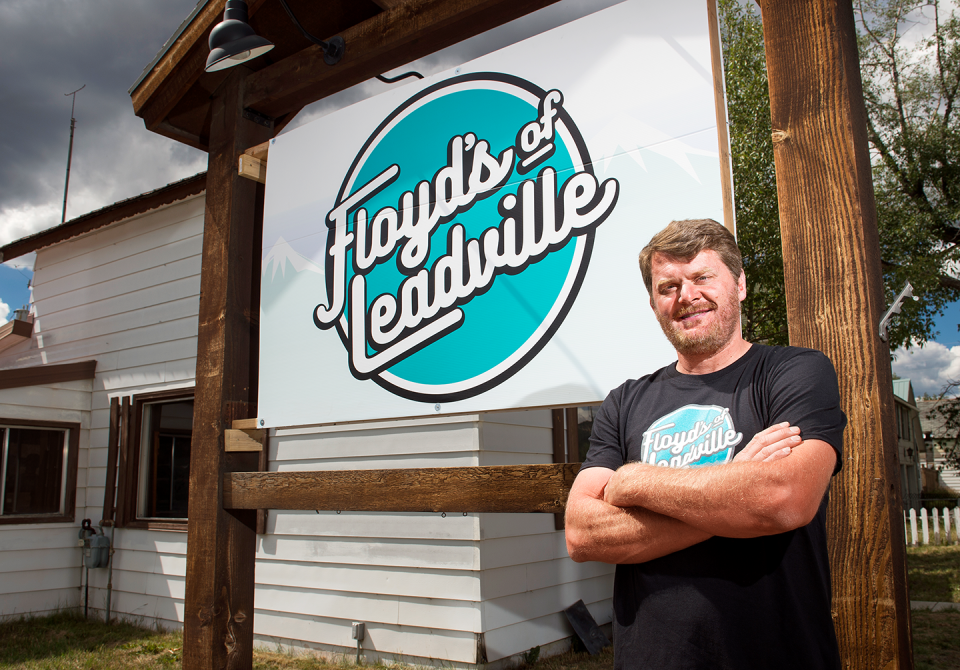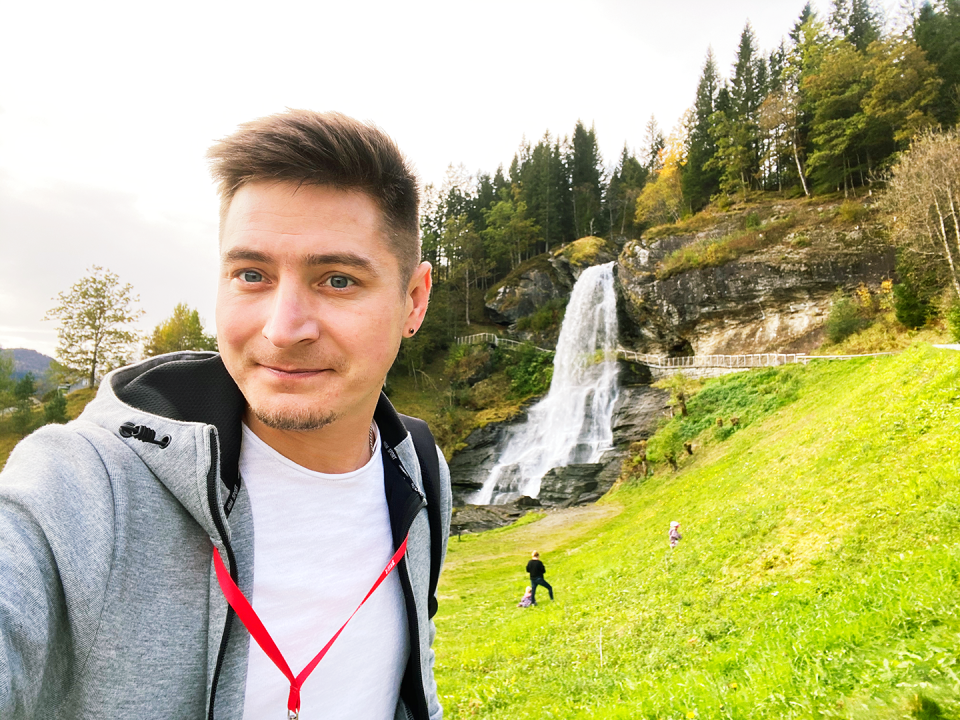Why We Lie

I NEVER MEANT to be a liar, but once you run out on truth, you tend to keep running. Truth, I learned, is a line and the lie is a sinker and you are the fisherman. Your thumb on the reel lets the line go. Once the line is out, it’s hard to reel in and so the water gets darker and the sinker goes down. Then the line stretches so far, it snaps and the sinker and hook are lost in the deep.
A decade ago, when I said “I do,” I wasn’t looking for conflict avoidance, but I didn’t know what lay under the surface. I was the foolish child from the Passover seder who doesn’t ask questions because he doesn’t know what to ask. And when they came up—Did we want a bucolic life or to stay in the city? Were our finances better kept apart or together? Would we cosleep or sleep train our kids?—I turned away or stayed silent. I started to lie, so as not to cause problems. I said what I thought she wanted while, quietly, continuing to do just as I pleased. I started to lie more and more. First the lie, and then the lie that I was not a liar. Then lies rippled out as from a fly on the water.
I racked up black holes of credit card debt on the sly. I nodded along with her reverie for a place in the country, knowing I’d never move out of New York. When, as it indeed must happen, a reckoning came, I lied my way out of it. With every conversation unhad, every charge unaccounted for, deeper and deeper the sinker sank down and the bonds of our union continued to fray. “Lies make intimacy impossible,” says Charles Ford, M.D., a professor at the University of Alabama, Birmingham, who wrote perhaps the most important work in the liar’s cannon, Lies! Lies! Lies! (It’s about lies.)

Once you start ghosting truth—telling yourself (and others) it doesn’t hurt, that nothing’s the matter—the compensatory lies can’t but ripple outward. That’s what I found and what Neil Garrett, Ph.D., a cognitive neuroscientist at Oxford, calls the slippery slope. Leading a study out of the University of London, he found that the amygdala, which is active when one initially lies, responds less and less with each passing prevarication. “What begins with small acts of dishonesty can escalate,” says Garrett, leading him to think that “the brain generates less of an emotional response each time we lie, and that enables more dishonesty.”
Lying became easier, and I picked up the pace. But I was still the hero, self-image in place. I lied to myself about my own lies, that they were benign and even good. There are generally two types of falsehoods: self-interested ones and altruistic ones. “Think about the Dutch who saved Jews hiding in their attics,” Dr. Ford says, by way of an example of the latter, “They lied to the Germans but was that immoral?” What my wife doesn’t know won’t hurt her, I said as I lied again and again, ever larger lies about more malign acts, telling myself that my deception was, fundamentally, altruistic in nature. Poppycock.
When the reckoning came, as reckonings must, all the line had been let out and it snapped. The lies I had told collapsed down upon me, the wreckage of lives gathered around me. There was nothing to do from the bottom but think and be still, sad and sorry. It’s years ago now, but still part of the story. I have a different relationship to honesty these days. I keep the line taut and hew to the truth. And yet the memory—and consequence—of dishonesty lingers, in custody calendars and self-flagellation. Part of me is still lost on the sea floor.
So I wanted to know more, about what the truth means and how men either avoid or face it, what the scars are and how to heal them, what the acts of dishonesty are and how to repeal them, what truths are hidden and how to reveal them. These three men, each in their own way, have wrestled with truth, cast out for answers, found themselves adrift and had to find home. The answer, they discovered and I continue to discover now, is that to be honest is hard.

I HAD TO LIE FOR A LIVING

► For two years starting in 2001, special agent Jay “Jaybird” Dobyns infiltrated the Hells Angels in Arizona. His work resulted in numerous convictions for members of the gang.
I LIED TO MAKE a living, and I became very good at it. My lie was that I was Jaybird Davis, a gun-running, debt-collecting hit man. My truth was that I was Jay Dobyns, a federal agent. I was lying to some of the most dangerous cats on the planet. With every lie I told them that they believed, I gained a little more trust and loyalty. In some cases, I gained love. I had no doubt these violent, intimidating people would have stood in between me and a bullet. But if the people I was deceiving learned that they were being lied to, they were going to put a baseball bat at the back of my head or a razor on my throat. My lies were life-and-death lies.
The downside was that I put a huge amount of battle damage on my family. I became addicted to lying. I lied to everyone about everything. I became so consumed with being a liar that it turned into who I was instead of what I did. Every time I told a lie and it was successful, believed, and received, it empowered me to lie more. I was not a good father. I was not a good husband. I don’t take any pride in that. It’s humiliating and embarrassing for me to speak about. My justification was that I was doing what I needed to do in order to stay alive in the environment I was in.
Seven years ago, I retired. It took me a while to transition out of that lifestyle. I didn’t stop lying cold turkey. But I began to write my stories down. I found it was easier to be honest, since the page doesn’t judge me. When I knew that these stories would become a book, a book with my real name attached, I realized it couldn’t be counterfeit or I’d get called out. And so the process of finding Jay and letting go of Bird really began. I have made a million mistakes, but between God and my wife and my kids, I have been given a million and one second chances.

I DIDN’T WANT TO BE BOTH RUINED AND A RAT

► The year after Floyd Landis was declared the winner of the 2006 Tour de France, he was stripped of his title, having tested positive for performance-enhancing drugs (PEDs). He contested the results but in 2010 finally admitted to doping, implicating his teammate Lance Armstrong.
I THINK OF MYSELF as always having been an honest person. When I started using PEDs in cycling, no one was paying attention. I was just some guy who helped other people win. But in 2006, I won the Tour de France, and everything changed. That’s the thing: When you start lying, you don’t think about the thousands of ways events will develop, pulling you deeper and deeper into the lie. What’s more—and this isn’t a justification—is that I was surrounded by people all doing the same thing, telling the same story that they didn’t use PEDs, when we all knew they did.
When the test results were positive, I knew I was fucked. I couldn’t say yes, I did use PEDs, and it would be fine. So instead I chose to keep the code of silence. I was ruined, but I didn’t want to be both ruined and a rat. I kept lying, and that weighed on me for years, every time I lied to friends, fans, and my family. Finally, in 2010, when it became clear I would never cycle professionally again, that incentive was gone.
As soon as I started telling the truth about doping, it was a tremendous relief. Of course, the feeling of relief was tempered by the foreknowledge—accurate, as it turned out—that Lance and the rest of the cyclists who wanted the story to die would go after me. I realized that the community for which I had fallen on my sword didn’t have my back at all. I know that to most people my name will forever be associated with cheating. All of my achievements will have an asterisk; all those years grinding it out against incredible pain, alone on the road, are wiped out. There was a time when I felt a sense of unfairness about all that. If you are consumed by the idea of unfairness, it’s everywhere you look. You drive a car, get a flat tire, have an accident, and die. Well, the rest of the car worked fine . . . except the tire.
These days, I would say my relationship with honesty has evolved. I am diligent about both being precise and telling the truth.

I COULDN’T LIE AND IT COST ME

► In 2017, Maxim Lapunov was arrested and tortured for being gay. Unlike many of the other men and women in Chechnya’s Anti-Gay Purge, Lapunov went public with his story, suing the Russian government in a case now before the European Court of Human Rights. His is one of the stories chronicled in the documentary Welcome to Chechnya. Today, he and his boyfriend live in hiding in Europe.
THE QUESTION OF honesty is complicated for me. I am a very religious person and have always believed in honesty and justice. But I have, and my family has, suffered greatly for this honesty. I came out with my boyfriend to my family seven years ago in Russia. Our mothers took it okay. Our siblings less so. What brought us together was physical labor. We have dacha gardens where we’d work together side by side. Gradually, they grew to accept us.
I was picked up by Chechen police four years ago in the middle of the Anti-Gay Purge. Hundreds of queer folk were arrested and tortured—I was for 12 days—and some killed. I signed a blank confession and promised to remain silent. But I couldn’t. I worked with Russian lawyers to prove that I was an honest man and that what I said happened to me had happened. But the Russian law was dishonest with me. My name appeared on a hit list with a reward for my death. I knew I wasn’t safe and went into hiding.
Ideally I want those responsible, who are still in power, to be called to account for their crimes. But even if they’re not, it was worth it to be honest. Since the film came out, I’ve heard from many queer friends in Russia who have said how proud they are of me. This is important, for it means they are no longer scared of being who they truly are.
This story appears in the May 2021 issue of Men's Health.
You Might Also Like

